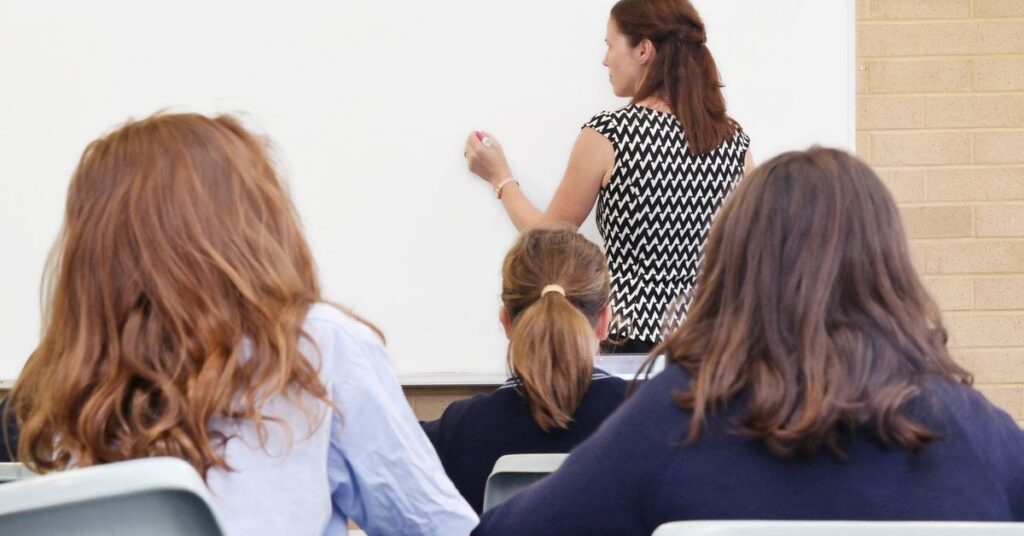
Australians are currently evenly divided on the issue of teaching religion in public schools, with recent polling indicating a 50-50 split. This marks a significant shift from previous decades, where support for religious education was more robust.
According to a survey conducted by pollster Roy Morgan, the trend of declining support has been evident over the past few years. In 2022-2023, for the first time, a slight majority of 51% opposed religious teaching in government schools at least once a week, compared to 49% in favor. By June 2025, this margin had evened out to an exact 50-50 split.
Historical Context and Political Divides
This development follows a dramatic reversal from the late 1990s. During 1997-1998, 72% of Australians supported religious instruction in schools. The current sentiment reflects a broader societal shift towards secularism and changing attitudes about the role of religion in public life.
Roy Morgan’s findings suggest that opinions on this issue are increasingly influenced by political affiliations. Labor voters, who traditionally supported religious education, now show only 44% in favor, with 56% opposed. This is a stark contrast to the Coalition voters, where 61% still support religious teaching, although this has decreased from 79% in the late 1990s.
Changing Perspectives Among Voter Demographics
Meanwhile, the shift is even more pronounced among Greens voters. In 1997-1998, 61% supported religious teaching, a figure that has plummeted to 31% in recent years. Similarly, One Nation voters, who were 75% in favor in the late 1990s, now show a reduced support of 57%.
Independent and other minor party voters have also shifted significantly. Currently, 52% oppose religious education, a notable increase from 30% in 1997-1998. This indicates a broader trend of declining support across various political groups.
Expert Insights and Future Implications
According to Michele Levine, chief executive of Roy Morgan, “What was once a bipartisan consensus has become a deeply partisan divide that reflects Australia’s broader shift towards secularism and changing expectations about the role of religion in public life.”
“The move represents a generational shift in values, where younger Australians are more likely to question the place of religion in publicly funded education,” said Levine.
This shift in public opinion could have significant implications for educational policy and curriculum development in Australia. As the nation becomes more secular, the debate over religious instruction in schools is likely to intensify, potentially influencing future elections and legislative decisions.
Experts suggest that as society continues to evolve, educational institutions may need to adapt by offering more inclusive and diverse perspectives that reflect the changing demographics and values of the Australian population.
As this topic remains a point of contention, stakeholders from various sectors, including education, politics, and religious organizations, will need to engage in meaningful dialogue to address the complexities surrounding religious education in public schools.
The next steps for policymakers may involve reevaluating current educational practices and considering alternative approaches that align with the evolving values and beliefs of the Australian public.







